Martin Luther’s call for euthanasia for disabled children
Alongside Martin Luther’ theological achievements lies a series of controversial and morally troubling statements that have cast a shadow over his legacy. Among these is his apparent endorsement of euthanasia for disabled children — an idea that starkly contradicts not only the core Christian teaching of the sanctity of life but also the ethical principles of compassion and care. In this post, we explore Luther’s views on disability and euthanasia, examine the theological justifications behind his statements, the historical context in which they emerged, and the ethical implications of his words as a religious leader.

Title woodcut of Martin Luther’s Table Talk, by Johannes Aurifaber. During these “table talks,” Luther discussed a wide range of topics – often accompanied by a large amount of food and alcohol –, including his views on disability and euthanasia. Source: Wikimedia Commonsꜛ (license: public domain)
Luther’s statements on disability and euthanasia
In his “table talks” and writings, Luther occasionally addressed the subject of disability, often in deeply disturbing ways. One of his most infamous statements concerns children born with severe physical or intellectual impairments. Luther reportedly referred to such children as “changeling” “devil’s spawn”, or as “massa carnis””, as a “mass of flesh”, which has no soul and was created by the devil. All these terms were used to dehumanize and demonize disabled individuals and to justify their exclusion from society. Luther claimed that these children were not human beings but creatures placed by the devil to disrupt families and communities.
He advised parents and authorities to treat such children with extreme measures. In one particularly shocking case, Luther suggested that a disabled child should be drowned in a river to “rid the community of the devil’s work”. He justified this by claiming that such actions were not sinful because these children were not truly human in his eyes.
How Luther theologically justified his views
Luther’s views on disability and euthanasia were shaped by a combination of his theological beliefs and the prevailing attitudes of his time. His interpretation of scripture and his dualistic worldview — dividing existence into the realm of God and the realm of the devil — led him to perceive physical and mental impairments as evidence of demonic interference. Luther viewed human suffering and imperfection as consequences of original sin. In this framework, disabilities were often interpreted as manifestations of divine punishment or as tools of the devil. By suggesting that disabled children were not fully human, Luther dehumanized them and placed them outside the moral and spiritual obligations owed to other members of the community. This dehumanization paved the way for justifying violence and neglect.
Luther’s theology of predestination and divine grace may have further complicated his views on disability. If salvation was entirely dependent on God’s will, then the lives of those who were perceived as incapable of faith — such as severely disabled children — were seen as less significant in the spiritual order.
Luther’s statements were not isolated incidents but reflected a broader theological framework that justified the mistreatment and exclusion of disabled individuals in Christian societies. Disabilities were poorly understood, and societal attitudes were often shaped by fear, superstition, and ignorance. Without a scientific understanding of genetics or neurological conditions, disabilities were frequently attributed to supernatural causes, such as witchcraft or demonic possession. As a consequence, disabled individuals were often ostracized, with many confined to asylums or left to fend for themselves in extreme poverty. While one may claim, that Luther’s statements reflected these existing prejudices, they were extreme even for his time. And after all, his own views diametrically opposed the core Christian values of love, compassion, and the sanctity of life – which hold true regardless of one’s Christian confessional affiliation.
Ethical implications
Luther’s views on euthanasia for disabled children raise profound ethical questions about the responsibility of religious leaders and the dangers of theological dehumanization. The sanctity of life is a cornerstone of Christian morality, emphasizing the inherent dignity and worth of every individual. Luther’s advocacy for the killing of disabled children directly contradicts this principle, undermining the compassion and care central to Jesus’ teachings. By framing his views in theological terms, Luther gave them an air of moral legitimacy that could be weaponized in later eras. The eugenics movements of the 19th and 20th centuries, and the atrocities committed under Nazi Germany, drew on similar dehumanizing rhetoric to justify the extermination of disabled individuals.
 Smoking chimney of the crematorium at the Hadamar killing center, 1941. The Nazi regime first used gas chambers to kill people as part of its so-called ‘euthanasia’ program, which targeted disabled individuals.
Smoking chimney of the crematorium at the Hadamar killing center, 1941. The Nazi regime first used gas chambers to kill people as part of its so-called ‘euthanasia’ program, which targeted disabled individuals.
Luther’s statements serve as a cautionary example of how the words of influential figures can have far-reaching and devastating consequences. His dehumanization of the disabled not only caused immediate harm but also contributed to a legacy of discrimination and violence.
Conclusion
Martin Luther’s stance on disability and euthanasia exposes a disturbing contradiction between his theological teachings and his ethical failures. While he redefined Christian doctrine in many ways, his dehumanization of disabled individuals and his shocking advocacy for their extermination remain a stark contrast to the core Christian principles. His rhetoric not only reflected the superstitions of his time but also reinforced and legitimized a mindset that justified violence against society’s most vulnerable.
The ethical implications of Luther’s statements extend far beyond his era. His words illustrate the dangers of theological justifications for inhumane practices and the responsibility of religious leaders to uphold moral integrity. By endorsing the killing of disabled children, Luther did more than distort Christian teachings — he contributed to a historical legacy of exclusion and brutality that would resurface in later centuries.
Luther’s contradictions force us to ask: how do we reconcile theological brilliance with moral blindness? His legacy demands a critical reflection on the intersection of faith, power, and ethical responsibility. Recognizing these failures is essential, not only for historical accountability but also for ensuring that religion does not serve as a tool for oppression in the future.
References and further reading
- Martin Luther, Tischreden, 1986, Reclam, ISBN: 978-3150012222
- Martin Luther, D. Martini Lutheri Exegetica Opera Latina, Vol. 2: Continens Enarrationes in Genesin Cap. X-XV, 2018, Forgotten Books, ISBN: 978-1390228441
- Dieter Mattner, Behinderte Menschen in der Gesellschaft: Zwischen Ausgrenzung und Integration, 2000, Kohlhammer, ISBN: 978-3170162730
- Karlheinz Deschner, Kriminalgeschichte des Christentums: Bd. 8 Das 15. und 16. Jahrhundert. Vom Exil der Päpste in Avignon bis zum Augsburger Religionsfrieden, 2006, Rowohlt Taschenbuch Verlag, ISBN: 9783499616709
- Stadtmuseum Brandenburg’s article “Euthanasie – Der dunkle Schatten Martin Luthers”ꜛ

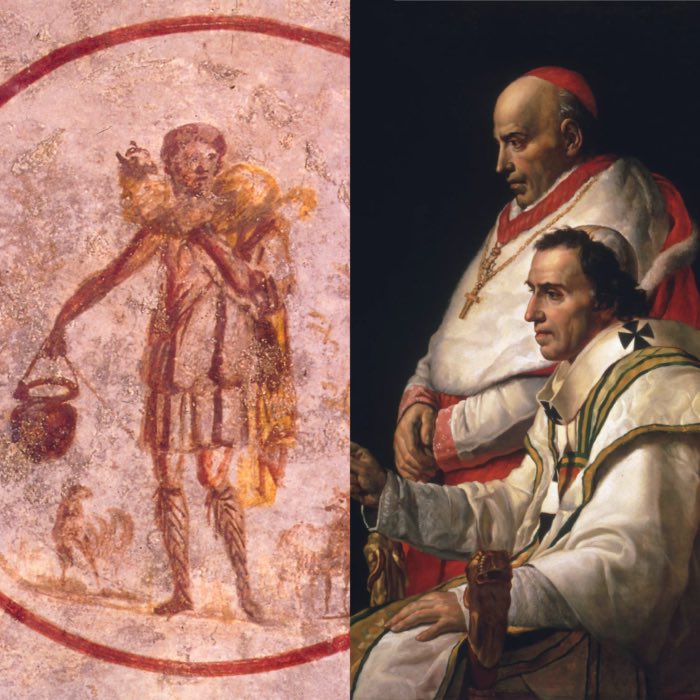

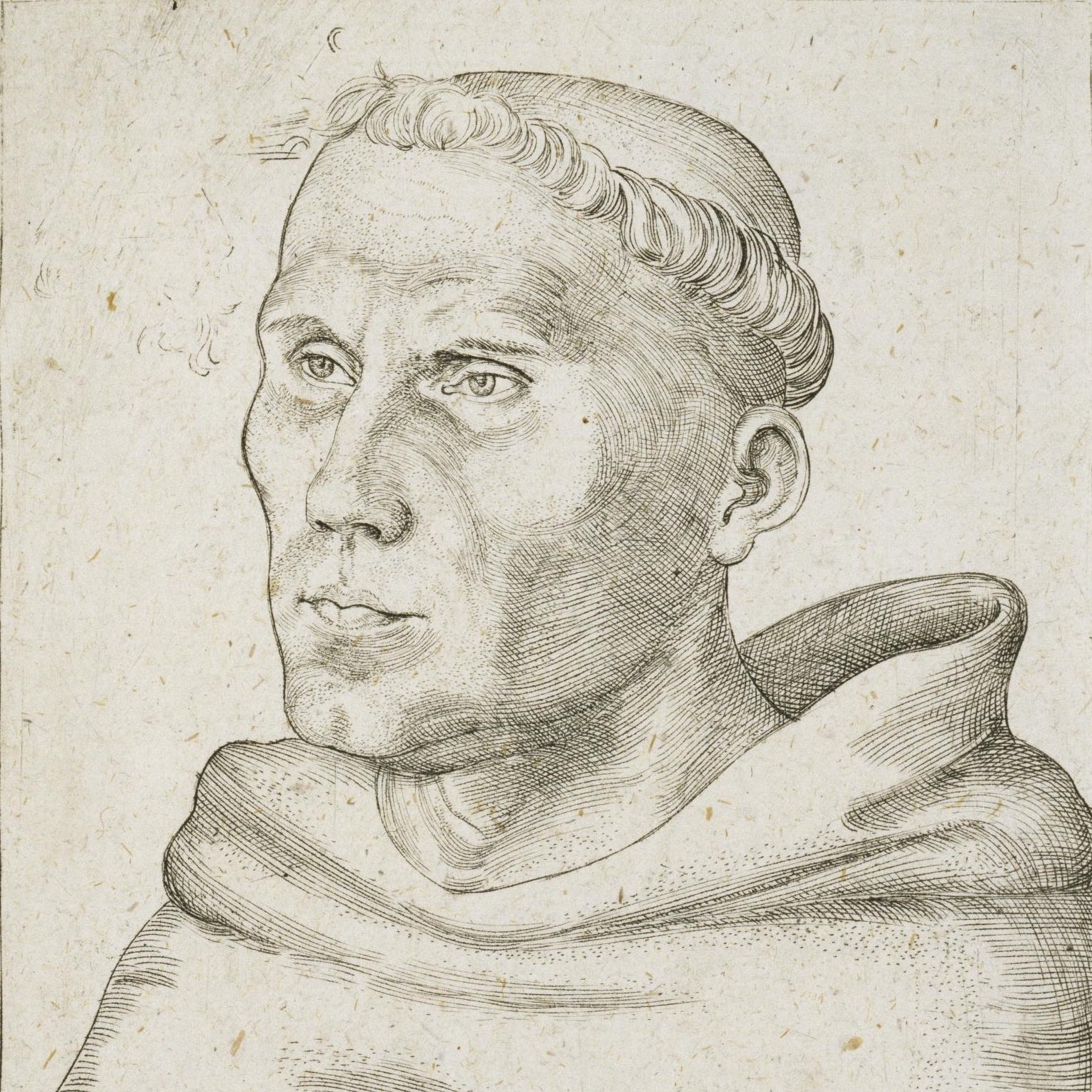
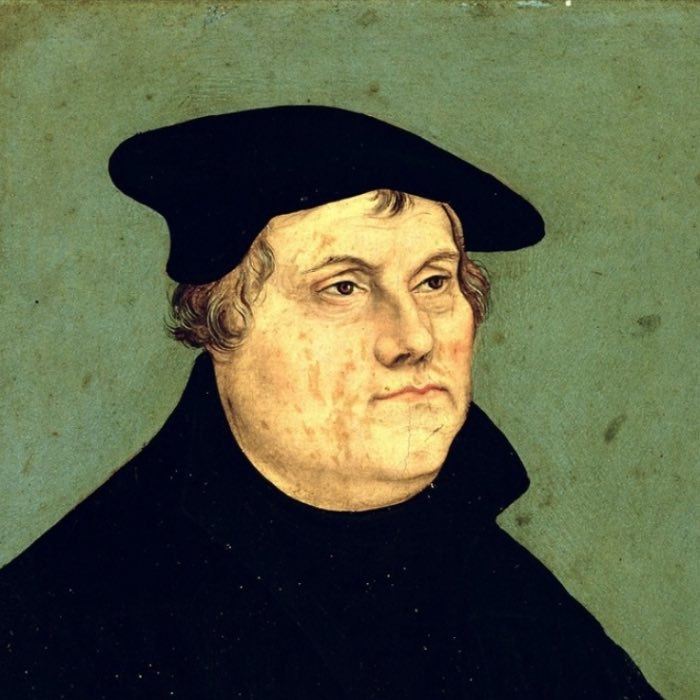
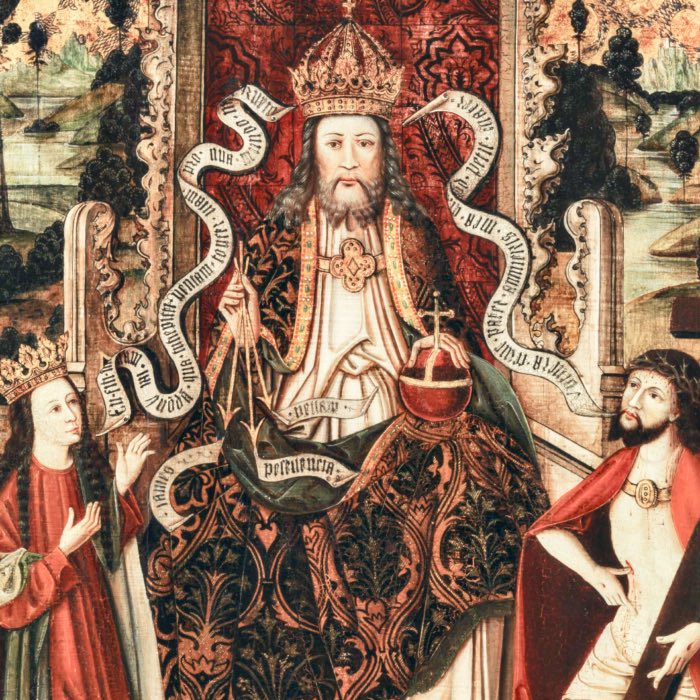
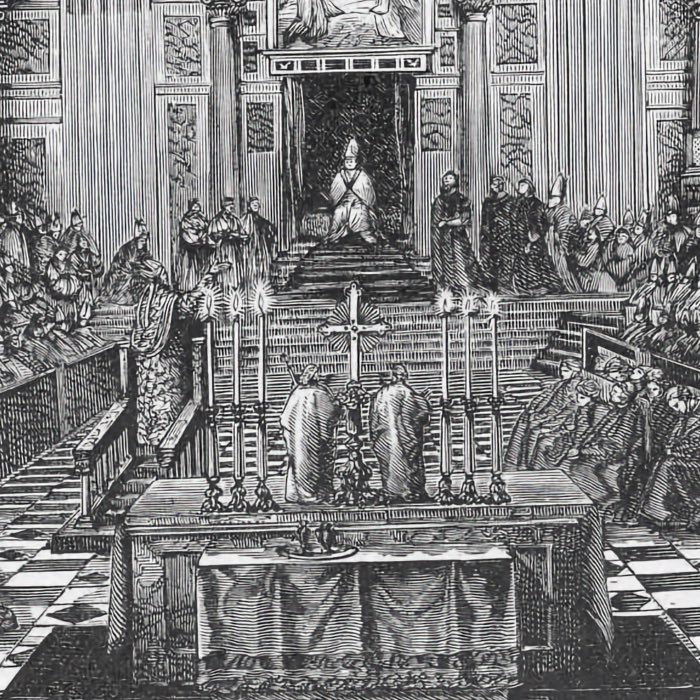

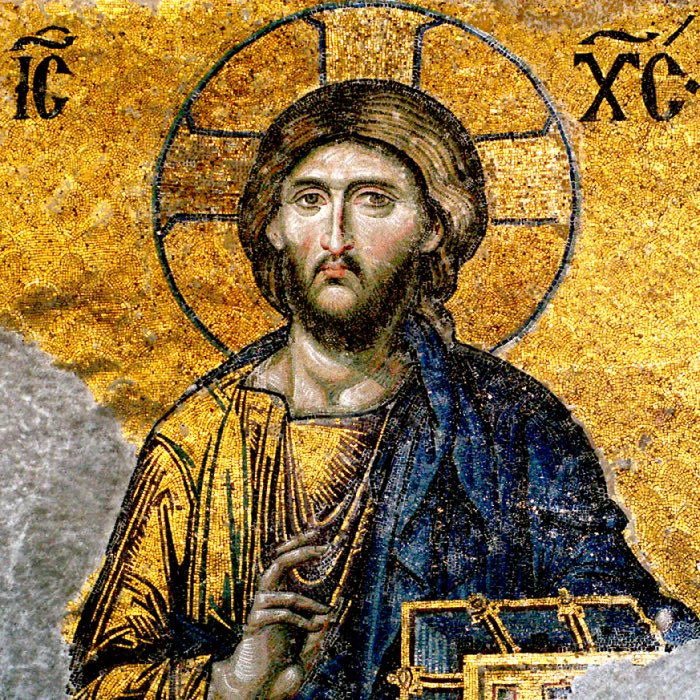
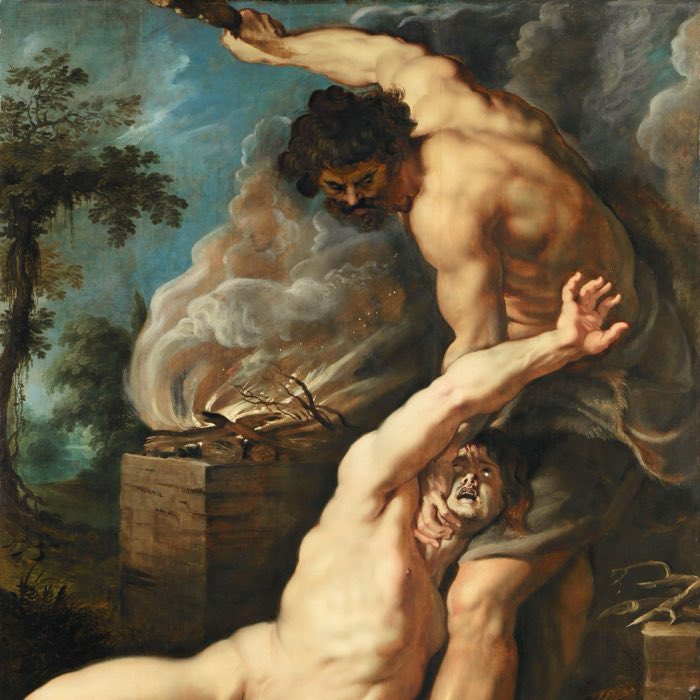



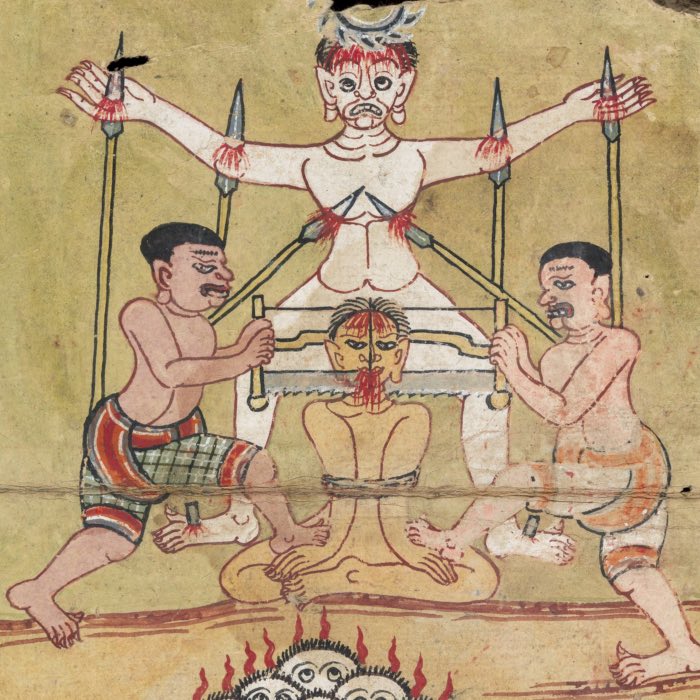



comments